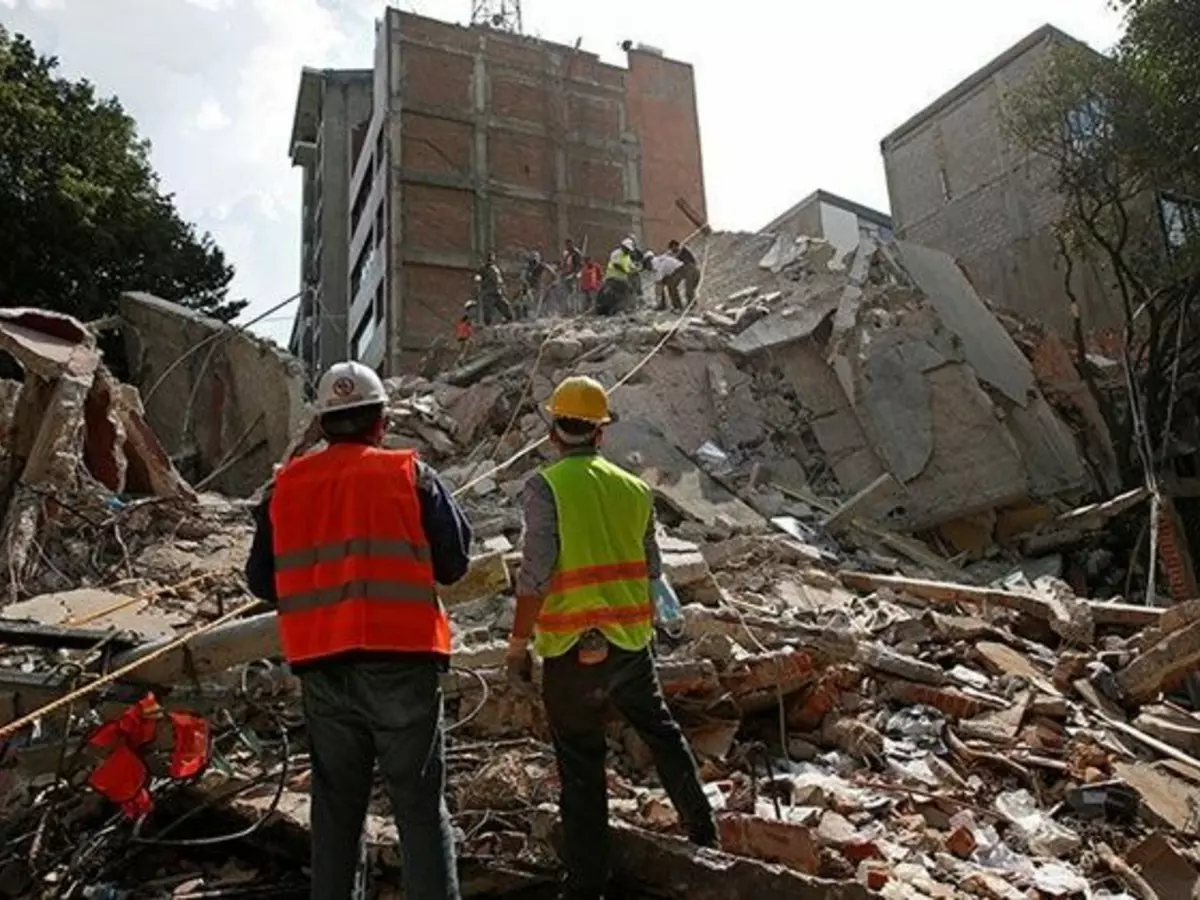AI Can Now Correctly Predict Earthquake Aftershocks And Save Lives, Thanks To Google & Harvard
While earthquakes are incredibly damaging, aftershocks can in some cases be just as deadly. That¡¯s why Google and Harvard scientists have been working together to build an AI system capable of predicting where aftershocks may occur following a quake.

While earthquakes are incredibly damaging, aftershocks can in some cases be just as deadly.
That¡¯s why Google and Harvard scientists have been working together to build an AI system capable of predicting where aftershocks may occur following an earthquake.

The researchers trained the neural network on seismological data throughout history when possible, all told about 131,000 earthquakes and their paired aftershocks.
In tests, the AI managed to predict ¡°more than 30,000 mainshock-aftershock pairs¡± from an independent data set of earthquakes. It analyses multiple aspects of stress shifts, making it more accurate than any previous forecast method.

It still makes a few missteps though. The AI only looks at one type of aftershock when making predictions. ¡°The combination of static and dynamic stress changes leads to a spatial distribution of aftershocks that differs from the pattern caused by static stress changes alone,¡± the study writes. In addition, it¡¯s incapable of taking complex faults into account.
It is at least a promising step however, and the AI should hopefully be able to train to overcome its current shortcomings in future.
